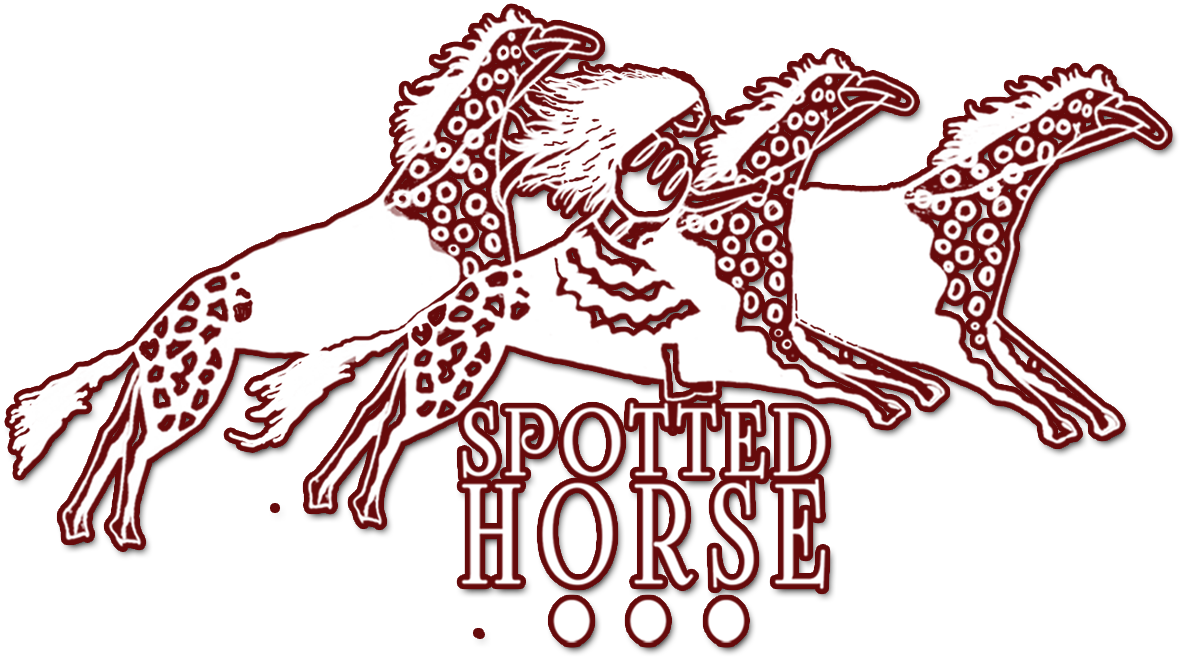“Hemp can do almost everything petroleum can do,” Winona LaDuke said, “including replacing some cotton and plastics.” Photo by Sarah LittleRedfeather Design
Intelligent and idealistic, Winona LaDuke turns to hemp farming, solar power to jump-start the 'next economy'
"I wanted to have goats, too, but the kids sort of drew the line at that," she laughs. "I'd say the jury is still out on goats."
You may remember Winona LaDuke as Ralph Nader’s running mate on the Green Party ticket in 1996 and 2000 or, more recently, as a leader of oil pipeline protests at Standing Rock. But a more typical day finds the 60-year-old Anishinaabe activist at home on her farm near Callaway, Minn., on the White Earth Indian Reservation, riding one of her 22 horses, tending a garden of heritage vegetables and doing chores with her grandchildren.
“I could spend all my time fighting,” she says. “But, you know, we need to eat. If someone doesn’t grow and make good foods, the rest doesn’t matter.”
As it happens, the farm is home to the latest project in LaDuke’s ever-expanding portfolio of progressive initiatives. This one is a small acreage of industrial hemp that, she hopes, will start America thinking about “the next economy” and what she calls the Indigenous Green New Deal.
LaDuke’s path to White Earth was not preordained. She was born in Southern California, grew up in Oregon and attended college in New England. Her mother, Betty LaDuke, was an artist and art teacher who came from a politically active Jewish family in the Bronx. Her father, Vincent LaDuke, was a tribal activist and Hollywood extra who had grown up in the White Earth Nation.
LaDuke plunged into Native American activism while an undergraduate at Harvard and, after earning a master’s degree at MIT, took a job as a school principal on the White Earth Reservation. Before long, her work on behalf of Indigenous women’s rights and tribal land rights began drawing national attention. In 1988 she won a $20,000 Reebok Human Rights Award and established the White Earth Land Recovery Project to buy
reservation land back from nontribal owners. (At White Earth, like most reservations across the country, huge amounts of the land is owned by non-Indians.) In 1993, she produced the first of several national tours with the folk-rock duo Indigo Girls to raise money for Honor the Earth, a nonprofit that promotes Native American cultural and environmental values.
In conversation, LaDuke brings a scathing intelligence to the topics that trouble her — the fossil fuel industry, the abrogation of treaty rights, weak-willed government regulators. But she punctuates most observations with a trenchant joke, and her mind inevitably drifts back to solutions, new ideas and the people who are close to her.
Campaigning for vice president in 2000, she told a reporter that her politics were shaped by being a mother — she was breast-feeding her infant son while on the road — and family never seems far from her thoughts. She is a widow today but her six children — three biological and three adopted — are mostly nearby, and she seems intent on passing along the values she inherited from her own parents. When raising the children, for example, she says she always aimed to be 50% self-sufficient in the family diet.
“I wanted to have goats, too, but the kids sort of drew the line at that,” she laughs. “I’d say the jury is still out on goats.”


